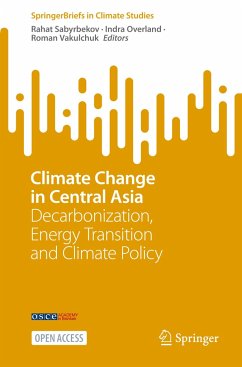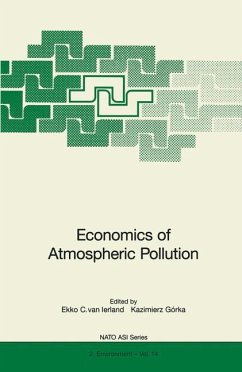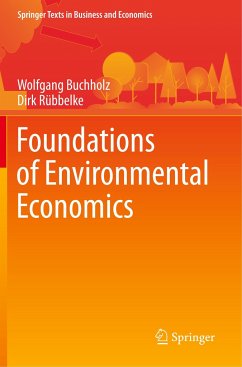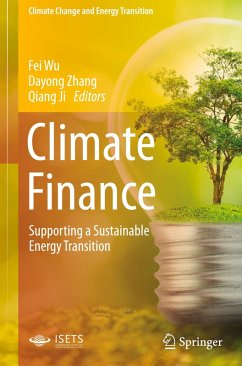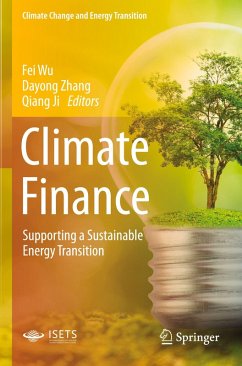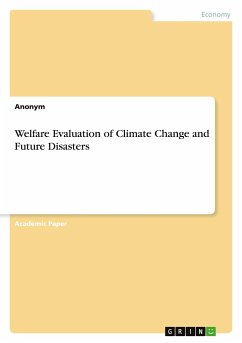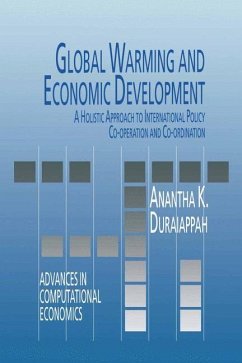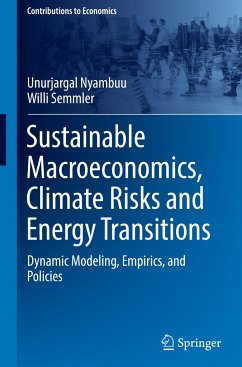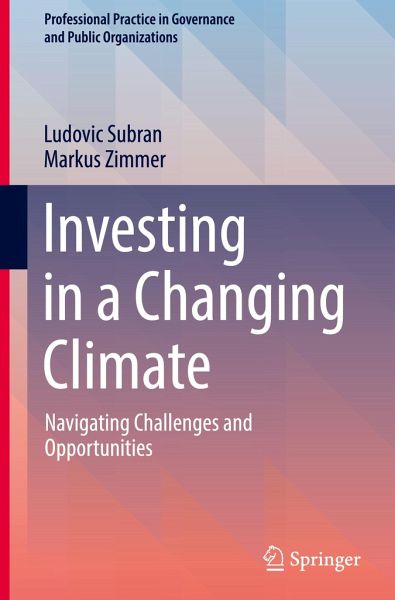
Investing in a Changing Climate
Navigating Challenges and Opportunities
Versandkostenfrei!
Versandfertig in 6-10 Tagen
46,99 €
inkl. MwSt.
Weitere Ausgaben:

PAYBACK Punkte
23 °P sammeln!
Net Zero is not enough. We have dithered so long about climate change that, by now, we would need to go to negative-emissions territory, well before 2050, to keep global warming under the iconic 1.5°C target. The national commitments made so far fall short of what is needed, and so do the investments envisioned. But even with the best of intentions, it is hard for policymakers and potential investors to discern where, in the profusion of initiatives and technologies, it would make sense to focus their attention and resources.This is where this book comes in. It offers a clear-eyed view of how...
Net Zero is not enough. We have dithered so long about climate change that, by now, we would need to go to negative-emissions territory, well before 2050, to keep global warming under the iconic 1.5°C target. The national commitments made so far fall short of what is needed, and so do the investments envisioned. But even with the best of intentions, it is hard for policymakers and potential investors to discern where, in the profusion of initiatives and technologies, it would make sense to focus their attention and resources.
This is where this book comes in. It offers a clear-eyed view of how far along the decarbonization path six key sectors of the economy are-namely energy, utilities, transportation, industry, buildings, and agriculture-and which areas and technologies within each sector are promising in terms of investments to advance the cause. Furthermore, a special chapter on Africa spotlights a continent that is simultaneously one of the worst affected by climate change, the most likely to see its greenhouse gas emissions increase-and the one with the greatest potential for solving the West's, and the world's, energy transition and economic growth conundrum.
As such, the book serves as a concise guide both to the state of the battle against global warming, and for investors, professionals, and policymakers to find their way through the maze of options.
This is where this book comes in. It offers a clear-eyed view of how far along the decarbonization path six key sectors of the economy are-namely energy, utilities, transportation, industry, buildings, and agriculture-and which areas and technologies within each sector are promising in terms of investments to advance the cause. Furthermore, a special chapter on Africa spotlights a continent that is simultaneously one of the worst affected by climate change, the most likely to see its greenhouse gas emissions increase-and the one with the greatest potential for solving the West's, and the world's, energy transition and economic growth conundrum.
As such, the book serves as a concise guide both to the state of the battle against global warming, and for investors, professionals, and policymakers to find their way through the maze of options.






